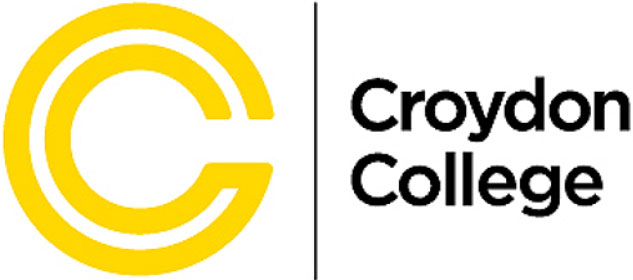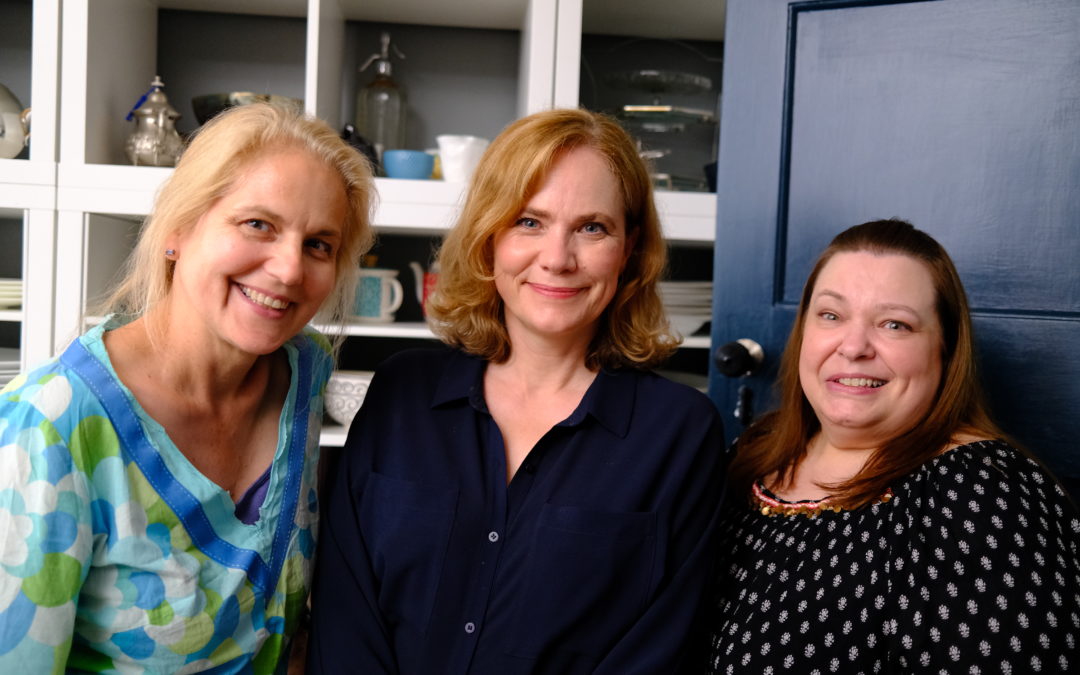A Croydon College tutor’s work is available to watch on BBC iPlayer after producing two short films for the broadcasting giant.
Michaela Hennessy-Vass, a freelance producer and tutor and assessor on the College’s Junior Content Producer apprenticeship course as well as the Business Administration and Customer Service apprenticeship courses, produced Face It, two comedy drama monologues commissioned by the BBC and Arts Council England under the Culture in Quarantine season – celebrating the work of disabled creatives responding to lockdown.

CREDIT: Neil Hennessy-Vass, Xavicus Media
The two episodes were released on 2 September and were written by Miranda Walker. Episode one features Not Going Out star Abigail Cruttenden who is “hell-bent on holding back the years”, and episode two sees LAMDA graduate Crystal Marshall (right) – in her debut role – play straight-talking Leonie, who is “confident her acquired visual difference won’t hinder her”.
As an apprentice tutor and assessor, Michaela trains students both in College and online, ensuring they carry out tasks and work as part of their course, assessing them along the way, which includes visits to students’ workplaces, to prepare them for their final exam – the end point assessment. The Junior Content Producer course gives students a practical understanding of the industry and sets them up for a career in media, film and TV.

CREDIT: Neil Hennessy-Vass, Xavicus Media
Teaching at the College for more than two years, Michaela (left) is a former ITV Comedy Commissioner and has more than 20 years’ experience in television broadcasting to her name, with credits including popular ITV comedy Benidorm and Ladies of Letters.
The two short movies were filmed over the summer, and Michaela said producing the films was “different” due to COVID-19-restrictions.
She said: “We had a very small crew, which did make it less complicated than working with a big crew, though with that comes challenges around budget – to keep to it we filmed one of the films in my own home, meaning we didn’t need to involve a third party.
“Most people in production had some form of training as to what was expected with regards to restrictions though and everyone was pretty clued up on what to do. We were also fortunate that most were double-jabbed.
“Working on films like these increases your practical knowledge and if you’re lucky enough to work on something interesting to you it also enriches you as a person.
“The films were on subjects I felt really passionate about, and my advice to students would be to follow your passions… if you feel strongly about something going to work is that much more fulfilling. With low-budget films such as these, everyone there is doing it because they want to do it. In creating Face It, everyone who worked on it felt strongly about it and had a sense they were coming out of it a better person.
“I hope students understand the importance of practical experience, getting out there and meeting people. You’ve got to grab these opportunities and run with them because you don’t know where they’ll take you.”
The first episode of Face It can be found here, and episode two is available to watch by following this link.








